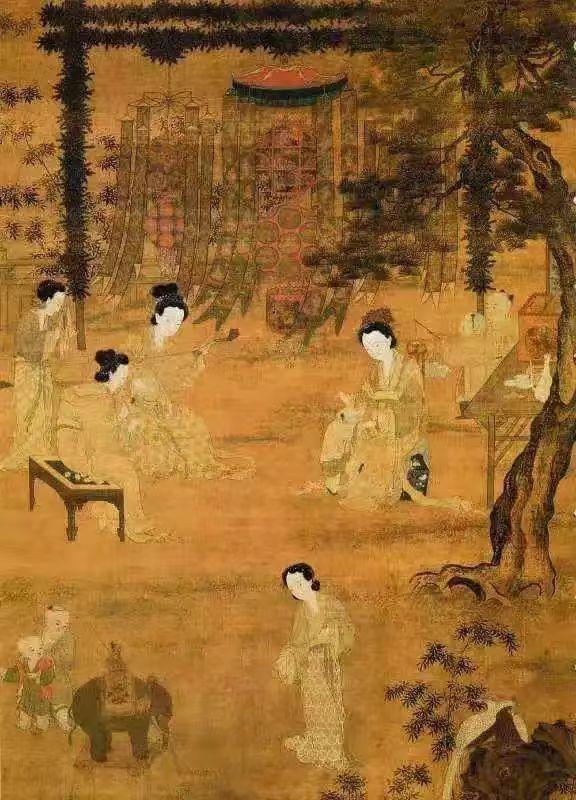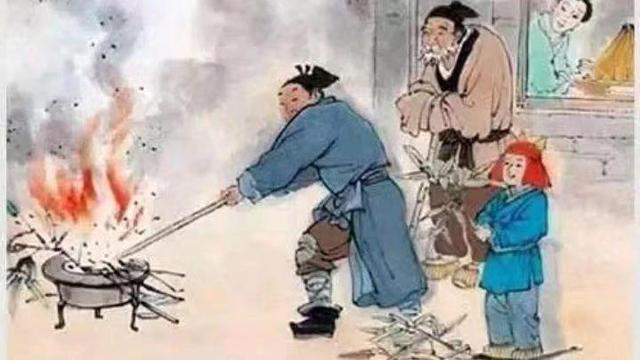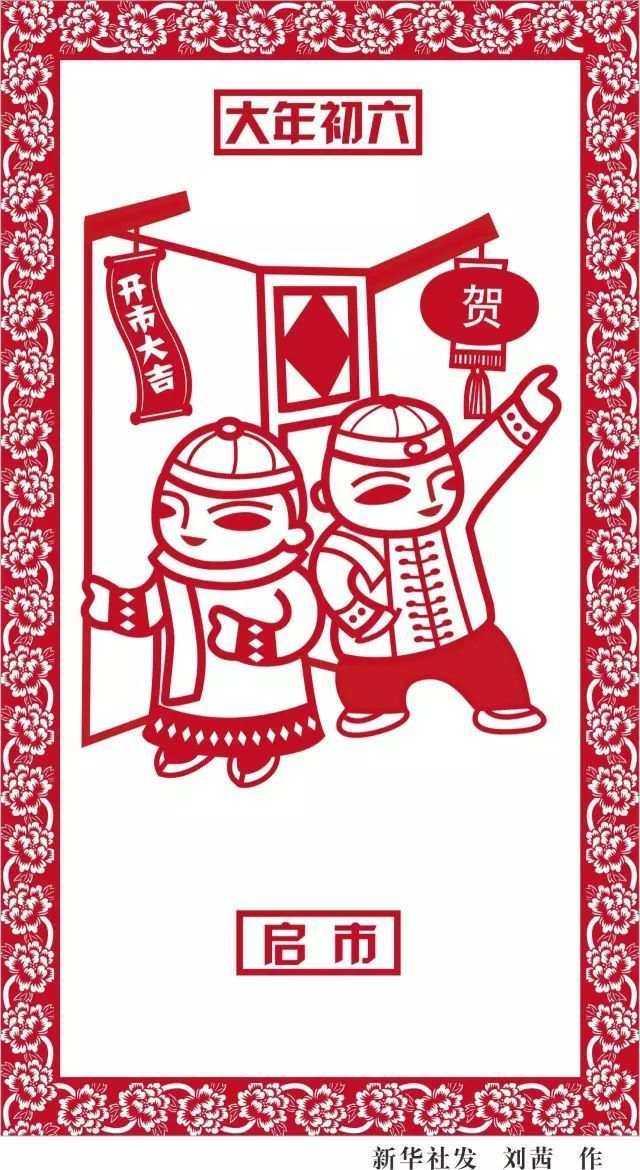In your eyes, what day is the sixth day?
Did the family start cleaning the house early in the morning to "send the poor", or did they take a break after visiting relatives for the New Year a few days ago, or did they start counting down the holidays with their hands?
In the eyes of Zhu Shuzhen, a poet in the Song Dynasty, the sixth day was so lively that even the Lantern Festival night could not compare with it.
The sixth day is full of pomp and bright lights.
Yi Qin ‘e, the sixth day of the first month, night and month
Song Zhu Shuzhen
Bend and bend, and the new year’s crescent moon hooks the cold jade. Hook cold jade, phoenix shoes are small, and Cui eyebrows are frowning.
Moths and snow willows add makeup, while Candle dragon wahoo competes for it. It’s not as good as the sixth day of the Lunar New Year.
Zhu Shuzhen,No. Youqi Jushi, a poetess in the Song Dynasty, is one of the most abundant female writers who have preserved her works since the Tang and Song Dynasties. This word describes the lively scene of the sixth day of the Lunar New Year in the Song Dynasty. Bend a new year’s crescent moon, charming as a hook, cool as jade. The moon in the sky is as hooked as jade, the embroidered shoes of the people on the ground are wrapped in slender feet, and the emerald arch eyebrows are smiling. Dressed-up women with moths in their heads and snow willows in their hair, and fire trees and silver flowers, Candle dragon danced vigorously and galloped after them. Such a grand occasion, even on the night of the Lantern Festival, is far less than this sixth day.

Li Song’s View of Lights in the Southern Song Dynasty is now in the National Palace Museum in Taipei.
"Moths and snow willows add makeup, and Candle dragon fire trees compete." This word is inevitably reminiscent of Xin Qiji’s famous "Jade Case Yuan Xi", "Thousands of trees bloom in the east wind night, and the stars are like rain. The BMW carving car is full of incense, the phoenix flute is moving, the jade pot is turning, and the fish and dragon dance all night. "
In Song Dynasty, the economy was prosperous, and the entertainment activities were more abundant than those in the previous generation. People paid special attention to festivals such as Spring Festival. From the New Year’s Day to the Lantern Festival, people not only carry lanterns in their hands, but even trees and rivers are covered with lights.
In Zhu Shuzhen’s eyes, the lights set each other off on the sixth day of this month, women dressed up to travel, and the fire tree and silver flowers, even on the Lantern Festival night, are not as lively and happy as the sixth day.
It is a good day to send the poor, start a business and go out.
Aside from the background of the Spring Festival, folk customs such as sending the poor are also popular on the sixth day of the Lunar New Year. Nowadays, when people send the poor, they mostly clean the house, throw away the garbage and make people happy. In ancient times, due to the limitations of the times, people were more serious about "sending the poor".
In ancient times, people would "make minced meat, abandon rags, and worship in alleys", that is, clean up all the dirty debris and rags outside the house, and then burn them for sacrifice to send the poor.

In Han Yu’s "Sending the Poor", it is mentioned that it is necessary to "make a car out of willows and lead the sails to the wall" for the poor. That is to say, when sending the poor, we should not only prepare symbolic vehicles and boats for the "poor", but also bring dry food to the "poor". In some places, there is also the practice of "sending the poor by banana boat". Such a solemn ceremony is to send the "poor ghost" away well to welcome a better life in the new year.
In addition to sending the poor, the sixth day of the sixth year means "great luck", and after the sixth day, people gradually return to normal life from the festive flavor, so many businessmen will choose to open the market on the sixth day. Every new year’s day, firecrackers to celebrate the opening of the market are one after another, deafening and very lively. At the same time, the shopkeeper will stick a big red couplet on the door panel, "Everything is prosperous", and invite a "lovely person", that is, parents, husbands, children and in-laws, to stroll around the store for a few times and send auspicious words such as "make a fortune, congratulations on making a fortune", hoping that business will be prosperous and life will be rich in the new year.

China people also have the traditional custom of "going out in 369", which means that the third, sixth and ninth days of the lunar calendar are auspicious days to go out. Therefore, it is advisable to go out on the sixth day of the Lunar New Year, and you should also play around. In some areas, it is popular on the sixth day, and at three, six and nine o’clock at noon, go out for a walk. Those who don’t want to travel far can also turn around the yard clockwise twice before going home, which means good luck. In the old days, farmers began to farm on this day to prepare for spring ploughing.
The sixth day of the first month is not only an important moment to sum up and clean up the past year, but also a sign to welcome the start of work and business activities in the New Year, and also an important date for farmers to start spring ploughing.
Up to now, although the form of the old customs has gradually changed, people’s good wishes to eliminate disasters and solve the problem are still the same. Send the poor on the sixth day. May everyone send away their troubles and bad luck, and make a fortune in the new year. Good luck!